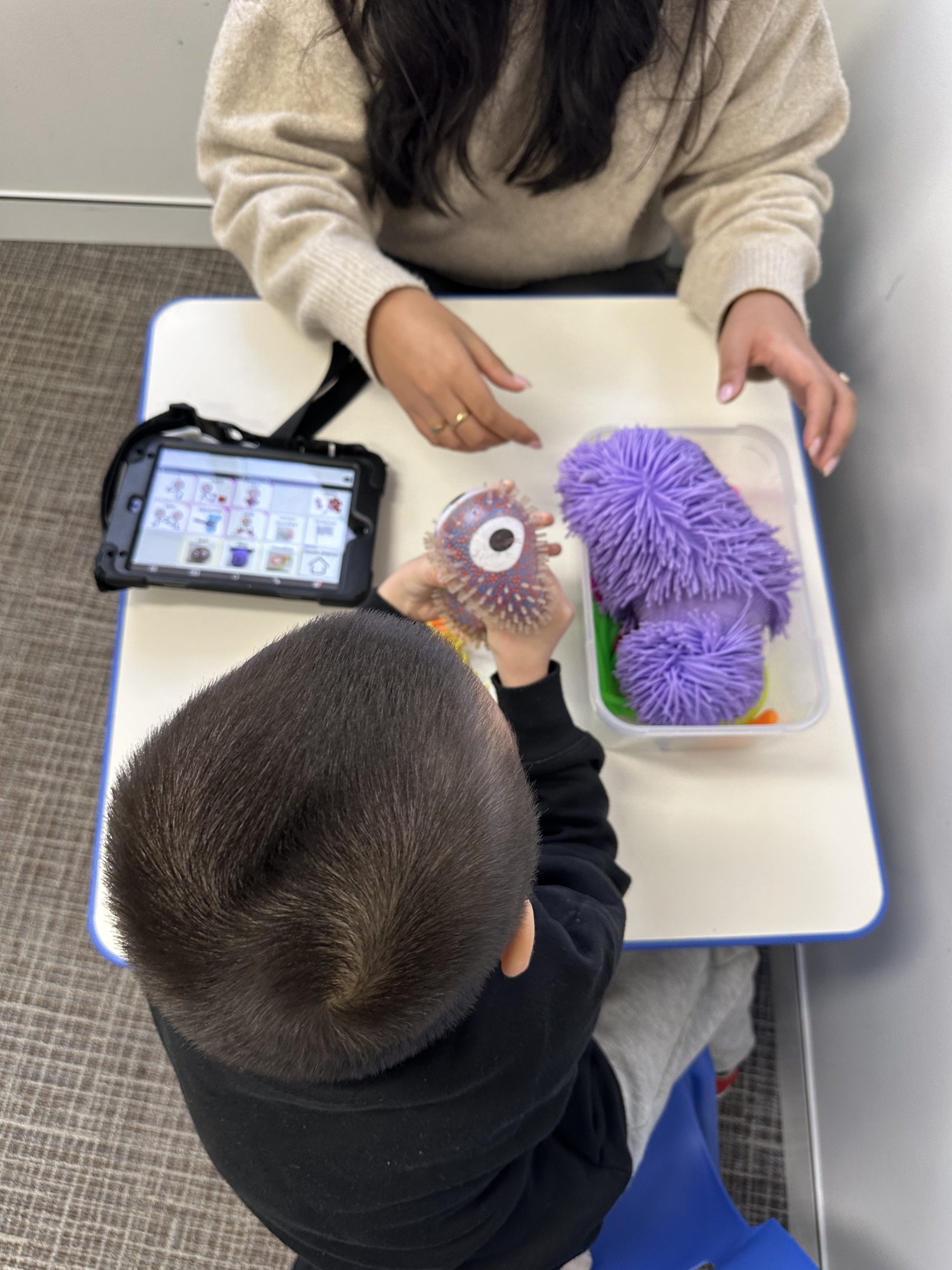
Does Language Delay Mean My Child Has Autism? Understanding the Difference Between Language Delay and Autism
Language development is one of the most critical milestones in a child’s early years. As parents and caregivers eagerly await their child’s first words and subsequent sentences, any delay in language acquisition can be a source of concern. However, it’s important to understand that while language delay can be a symptom of autism spectrum disorder (ASD), it does not always indicate autism. This blog aims to provide a comprehensive understanding of language delay and its various causes, helping to differentiate between language delay and autism.
What is Language Delay?
Language delay occurs when a child does not reach language milestones at the expected times. This can include delays in speaking, understanding, or using gestures and nonverbal communication. For instance, a child might struggle to form words, use fewer words than peers, or have trouble understanding simple instructions.
Common Signs of Language Delay
- Limited Vocabulary: The child may use fewer words than expected for their age.
- Difficulty Combining Words: Struggles to form phrases or sentences.
- Poor Understanding: Difficulty following simple instructions or understanding questions.
- Limited Use of Gestures: Rarely uses gestures like pointing or waving to communicate.
While these signs can cause worry, it is crucial to understand that language delay is relatively common and can have various causes unrelated to autism.
Causes of Language Delay
- Hearing Loss: Hearing problems can significantly affect a child’s ability to learn and use language. Children with undiagnosed hearing impairments might not hear sounds or words correctly, leading to delays in speaking and understanding language.
- Developmental Speech and Language Disorders: Some children may have specific speech and language disorders, such as expressive language disorder or mixed receptive-expressive language disorder. These conditions specifically affect language development without the broader social and behavioural symptoms associated with autism.
- Bilingualism: Children in bilingual households might take longer to start speaking as they learn to navigate multiple languages. This delay is usually temporary and does not indicate any underlying developmental issues.
- Intellectual Disabilities: Children with intellectual disabilities may experience delays in various developmental areas, including language. These delays are part of a broader pattern of developmental challenges.
- Environmental Factors: Lack of stimulation or opportunities for interaction can lead to language delays. Children learn language through interaction, so a less stimulating environment can slow this process.
Language Delay vs. Autism: Key Differences
While language delay is a common characteristic of autism, not all children with language delay have autism. Autism is a complex neurodevelopmental disorder with a broader range of symptoms. Here are some key differences:
- Social Interaction: Children with autism often have difficulties with social interaction beyond language. This can include challenges in making eye contact, responding to their name, and engaging in back-and-forth play. A child with a language delay but without autism typically engages socially in age-appropriate ways.
- Repetitive Behaviours: Repetitive behaviours and restricted interests are hallmark signs of autism. These behaviours might include repetitive movements (like hand-flapping), insistence on routines, or intense focus on specific topics or objects. These are not typically seen in children with isolated language delays.
- Nonverbal Communication: Children with autism might have difficulties with nonverbal communication, such as understanding body language or facial expressions. In contrast, children with a simple language delay usually understand and use nonverbal communication effectively.
- Regression: Some children with autism experience regression, where they lose previously acquired language or social skills. This is less common in children with language delay alone.
Seeking Professional Help
If you are concerned about your child’s language development, it is essential to seek professional advice. Speech-language pathologists (SLPs) can assess your child’s language skills and provide targeted interventions. Additionally, paediatricians and child psychologists can help determine if there are broader developmental concerns, such as autism.
Early intervention is crucial for addressing language delays and any underlying conditions. The sooner a child receives support, the better their outcomes in language development and overall communication skills. Speech Pathologists also give advice and training on how to talk to children with autism to increase their learning ad engagement.
Conclusion
Understanding that language delay does not always mean autism is vital for parents and caregivers. While both conditions require attention and intervention, they are distinct in their causes and manifestations. By recognising the differences and seeking appropriate professional guidance, parents can ensure their child receives the support they need to thrive in their language development journey.
What To Do Next
Are you concerned about whether your child has autism or a language delay? At OneOnOne Children’s Therapy in Sydney, we understand how crucial early identification and intervention are for your child’s development. Our expert team is here to provide comprehensive assessments and tailored therapy plans to support your child’s unique needs. For children with language delay, we recommend SpeechPathology and ‘It Takes Two to Talk’ parent training program. For children with autism, we recommend Speech Pathology and the ESDM.
Contact us today to schedule an assessment:
Bondi Junction Clinic: (02) 80657837
Mascot Clinic: (02) 80657837
Don’t wait – early intervention can make a significant difference. Let us help your child reach their full potential. Book a consultation now to get started on the path to understanding and supporting your child’s developmental journey.
We are a dedicated team of Speech Pathologists, Occupational Therapists and Certified ESDM Therapists committed to your child reaching their potential.
